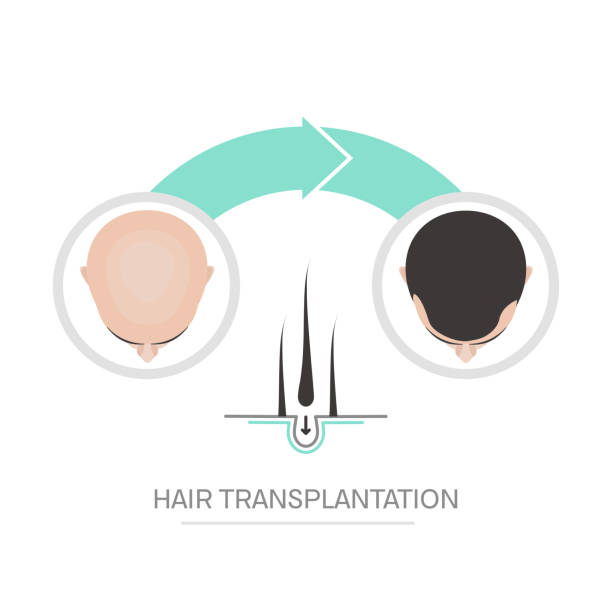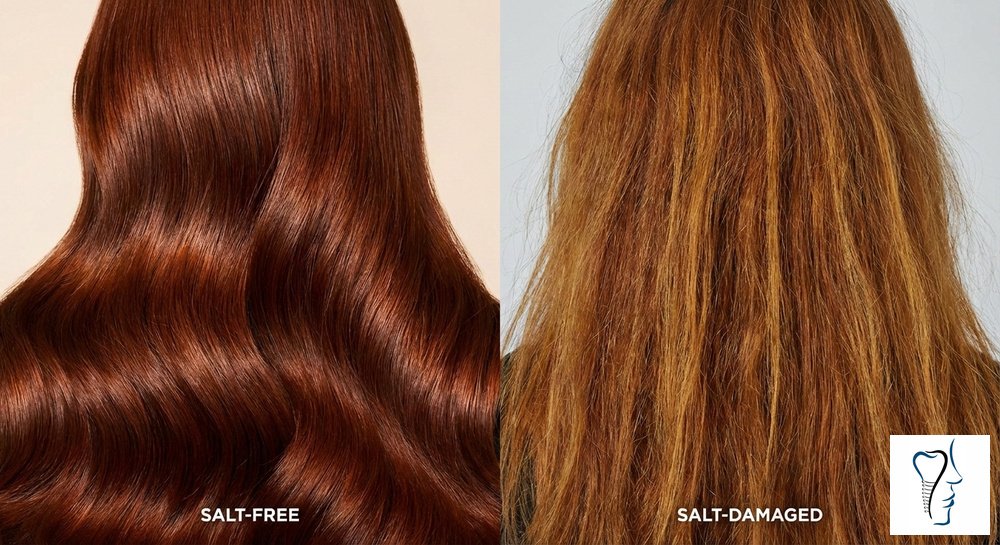Quick Nav
Tooth pain Vadodara, India
Tooth pain occurs within your tooth or from the surrounding tissues surrounding your tooth. If you’ve had cold cuts, dental infections, or have had extensive tooth trauma, you might experience toothaches as a result. Some toothaches are caused by the natural sensitivity of our teeth to hot or cold feelings.
For others, toothaches may be caused by bacteria buildup, cavities, or underlying structural damage to the tooth. Dental diseases such as gingivitis and periodontitis cause toothaches as well. Although toothaches are usually associated with aging, they can occur at any age, particularly affecting overweight people.

How to relieve tooth pain?
It’s hard to imagine how warm salt water can help to relieve your toothache. However, this treatment relieves toothache by increasing blood circulation and stimulating your lymphatic system. The increased circulation in your area will help increase the flow of oxygen-rich fluid to your tooth roots, improving the health of your tooth enamel and allowing nutrients to reach your root areas. Saltwater can also help to reduce toothache by killing bacteria that can build up around your tooth.
Pain relievers, over-the-counter or otherwise, can provide temporary relief from tooth pain. However, several factors can lead to your tooth pain becoming chronic or even life-threatening. Smoking, poor oral hygiene, dental decay, lack of fluoride, cavities or other dental problems, and even over-the-counter medications can all lead to your tooth pain becoming severe or even debilitating.
To relieve toothaches, it’s essential to ensure that your teeth and oral cavity are healthy. Brushing and flossing your teeth regularly, both before and after meals, along with rinsing after meals with mouthwash or warm salt water, will help to ensure that your teeth and oral cavity areas clean and healthy as possible. If you’re a smoker, quitting will help significantly reduce your toothaches and improve your overall dental care. Smoking is known to increase plaque buildup in your mouth, which can lead to tooth decay, gum disease, and tooth pain. Smoking depletes the minerals and vitamins in your tooth enamel and weakens the tooth structure.
In addition to tooth pain and tooth decay, swollen gums are another sign that bacteria may infect your mouth. Common symptoms include swollen, red gums that feel tender and may have pus or white spots. If you frequently experience swollen gums and pus, or white spots on your gums, you should contact your dentist immediately to find out if there is an infection or problem in your mouth. Be sure to brush and floss regularly and avoid the consumption of any food or drink that is difficult to chew, and be sure to wash your mouth out with warm, sudsy water after each meal. Brushing your teeth regularly with fluoride toothpaste will help prevent tooth decay and swelling.
Suppose your tooth pain and swelling are not caused by tooth decay, gum disease, or other dental problems. In that case, your dentist will likely order additional tests to rule out any cancer, diabetes, neurological disorders, and other conditions. The dentist will likely order an x-ray to determine nerve damage or inflammation in your jaw area. Treatment for pain and swelling is often directed toward alleviating the underlying problem. Tooth extractions, crowns, dental implants, and other procedures are often necessary to treat dental pain. Although tooth pain and swelling are unpleasant, they are easily treatable and can be prevented with excellent dental care.









